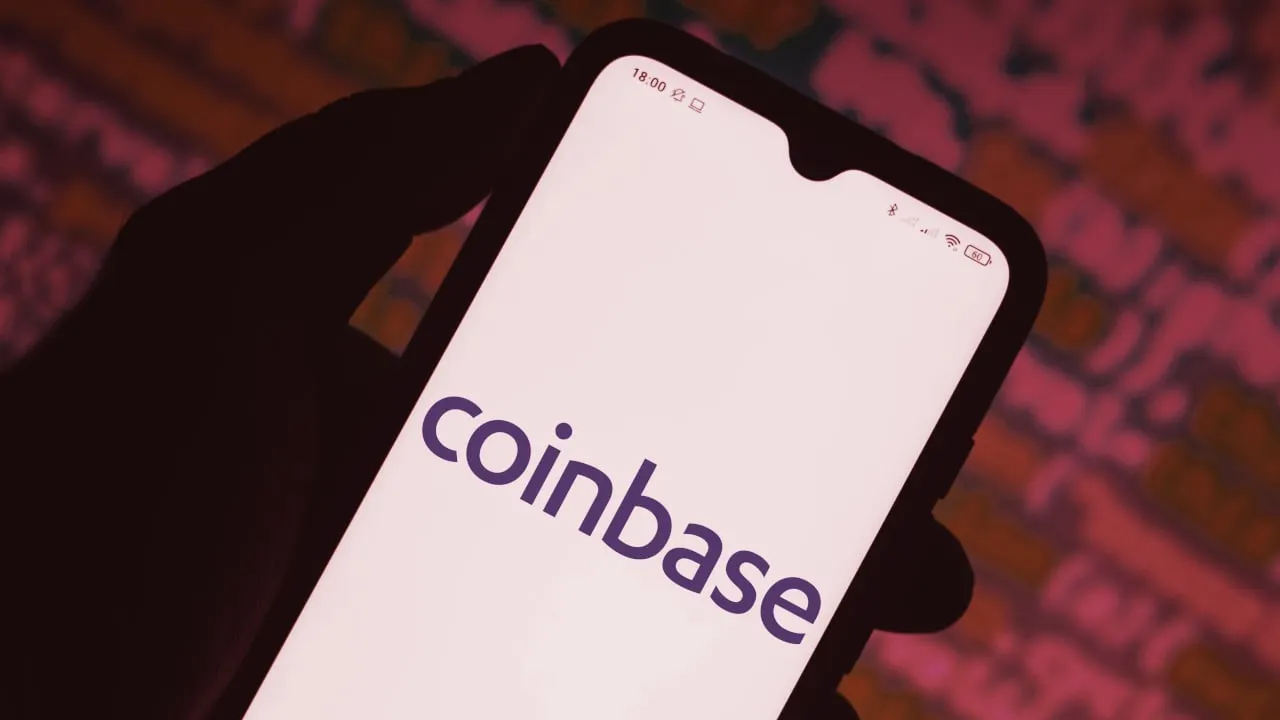In brief
- Coinbase records provided the FBI with a murder plot suspect's photo and internet address.
- The hitman who received the Bitcoin is still unknown.
A chilling murder plot shows that while Bitcoin can be used to finance heinous crimes, it can also be the undoing of criminals who don't understand how it works.
The plot in question involves a Tennessee man, Nelson Replogle, who allegedly paid a hitman he found on a murder-for-hire website to kill his wife, Ann. According to FBI Special Agent Clay Anderson, Replogle sent the would-be killer Bitcoin along with a description of his wife's car and a time when she would be taking their pet to the veterinarian.
Agent Anderson got wind of the scheme, set out in this court filing, from the sheriff in Knoxville, TN, who told him about it after receiving a tip from staff members at the British Broadcasting Corporation (BBC). The FBI agent then warned Ann Replogle and, separately, her husband, who claimed he could not think of anyone who wished to harm her.
The FBI agent then pressed the BBC staff members—he does not say how the BBC learned of the plot—who then provided additional details, including the address of the Bitcoin wallet that received the murder-for-hire payment. Anderson then turned to experts at the FBI Cyber Task Force, who helped crack open the case by analyzing the Bitcoin blockchain.
"FBI Headquarters provided blockchain analysis of the transaction and was able to determine that the blockchain wallets used to pay were Coinbase wallets," states Anderson in the court filing.
The FBI then issued a subpoena to Coinbase for information about the wallets in question. The company then provided an immediate answer given the "threat to life"—an answer that included not only the transaction history of the wallets, but also Replogle's name and photos he had used to sign up for the service.
The FBI obtained not only these details from Coinbase but also the internet address that Replogle had used to connect at the time of the transfers. Using that information, the agency in turn issued a subpoena to the internet provider, AT&T, which confirmed the connection had come from Replogle's home.
The information provided by Coinbase also revealed the name of the bank Replogle had connected to his account. The bank confirmed that Replogle had used his personal savings account to fund the Bitcoin purchases to the hitman.
The FBI has not, however, been able to identify the hitman as yet. The reason is almost certainly because the hitman did not use a commercial service like Coinbase, which must comply with know-your-customer laws, for the Bitcoin transactions but instead relied on his own personal wallet—one that did not reveal any information about his identity.
The case underscores how Bitcoin can be used in a largely anonymous fashion, though the blockchain will nonetheless reveal every transaction that takes place on the network. It also reveals how alleged criminals like Replogle who use a service like Coinbase for nefarious activities risk leading law enforcement right to their front door.
Meanwhile, law enforcement is filing an ever greater number of requests with Coinbase. According to the company's most recent transparency report, such requests jumped 17% in the last six months alone, and totaled more than 4,000 in the last year.

